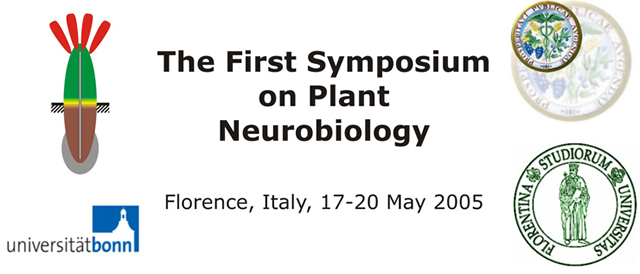1 Biology Department, Utah State
University, Logan , UT 84322-5305, USA
2 Physics Department, Utah State University, Logan , UT
84322-4415, USA |
|
The idea of biological organisms as natural computers has been tantalizing researchers
for decades, but substantial, quantitative proof of computation is elusive and difficult to obtain because of
the inherent complexity of biological systems. A recent study has, however, presented evidence supporting the
existence of distributed emergent computation in plants (Proceedings of the National Academy of
Science 101(4), 918-922). Plants daily solve a constrained optimization problem, maximizing
CO2 uptake while minimizing water loss, through the dynamic adjustment of stomatal conductance.
Stomata form a locally connected network that collectively processes environmental stimuli to perform the
optimization task. Like all biological systems, plants are subject to noise, i.e., random variability in both
space and time. Biological noise has traditionally been viewed as a nuisance that organisms cope with by
developing sometimes elaborate noise-attenuating mechanisms. Although this view is substantiated by biological
processes like DNA replication and some cellular signaling cascades, recent research has revealed that some
biological processes are actually improved by, or even driven by, the presence of noise. Motivated by the
possibility that noise enhances some biological processes, this study examined the possible effects of noise
on distributed emergent computation in plants by introducing similar noise into a standard artificial cellular
computing system that also performs distributed emergent computation. We found that small amounts of spatial
and temporal noise added to the system independently improve computational efficiency. Added together, spatial
and temporal noise improves the computational ability of the system more than either independently. Thus, it
may be that biology not only coexists with noise, but actually uses it to enhance adaptive, information
processing ability. |

